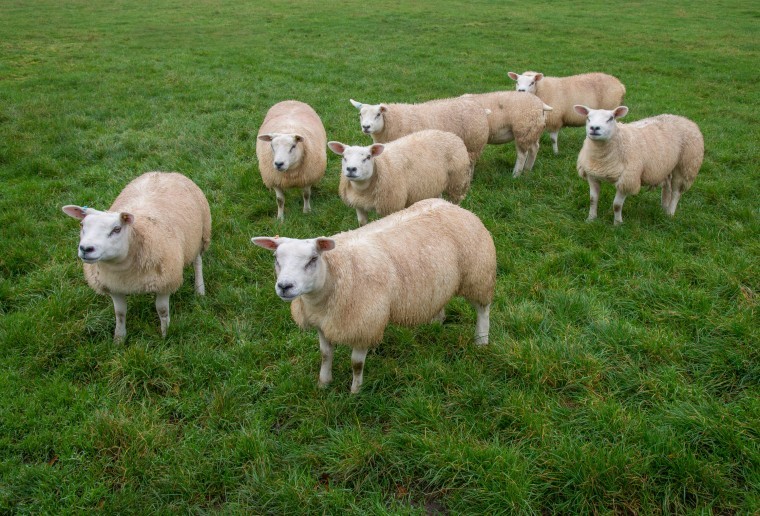David Thornton, Rumenco’s technical manager, explains: “Grass is the cheapest on-farm feed available. Therefore, making the most of this resource is the ideal scenario, especially with trade as it currently stands.
“However, this increases the potential risk of lambs being exposed to parasitic challenges, nutrient deficiencies and other diseases if a proactive approach to managing such risks is not adopted,” says Mr Thornton.
Studies have shown that gastrointestinal parasites cost the British sheep industry £84 million a year. Therefore, controlling the risk of parasites taking hold and reducing productivity could have considerable economic benefits to farmers.
Implementing a rounded approach to managing worm burdens that follows best practice advice, as well as alternative nutritional strategies could pay dividends this season for grazing stock.
“Research has proven that nutrition can influence a flock’s ability to deal with parasitic challenges,” explains Mr Thornton.
“Therefore, in the absence of high quality grazing in the autumn, making sure finishing lambs have access to a nutritionally dense diet will ensure they continue to push on well.”
Mr Thornton explains that ensuring lambs receive a diet rich in both macro and micro nutrition, should not be overlooked to ensure they are in the best condition possible to fight any potential disease threats, and reach target growth rates.
“It’s necessary for lambs to have access to a balanced grass-based diet, and where circumstances dictate, that it is supplemented with necessary micro nutrition.
“Good grass management will help ensure grazing can provide sufficient energy and protein for growth and development.
“But, it’s important to remember that grazing can be lacking in trace elements, vitamins and minerals vital for lamb performance. Nutritional deficiencies can lead to a weaker immunological status, increasing a lamb’s susceptibility to disease and parasites,” he says.
Cobalt and selenium are particularly important in helping reduce the risk of parasitic challenges taking hold. “Cobalt is vital for the synthesis of vitamin B12, important for energy metabolism. Whereas, selenium is vital for immune function.
“Providing a supplement, such as Clean Sweep which is formulated to include recommended levels of selenium and cobalt, will provide vital vitamins, minerals and trace elements to help lambs thrive and help avoid knock backs from worm burdens.
“Supporting nutrition can help complement existing, effective worm management programmes, and other on-farm strategies as part of a complete approach to this problem,” he adds.




